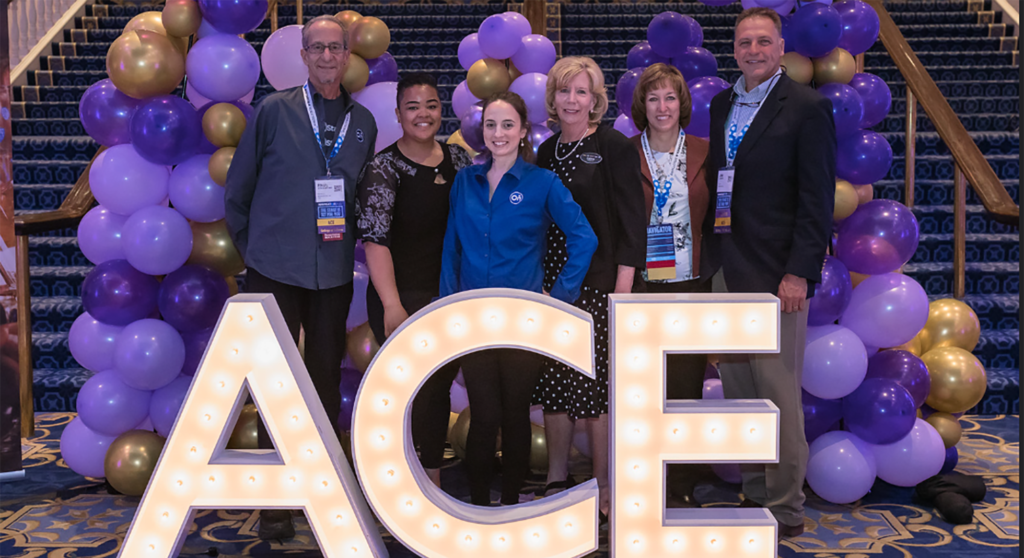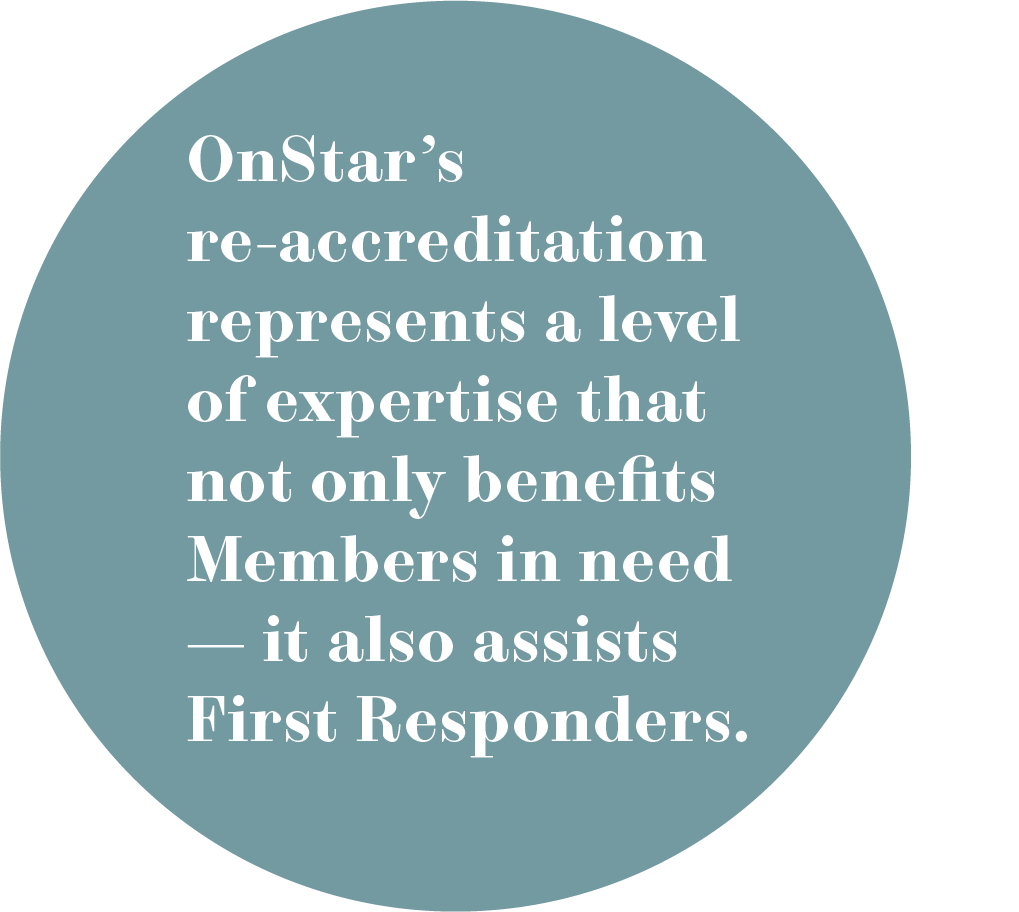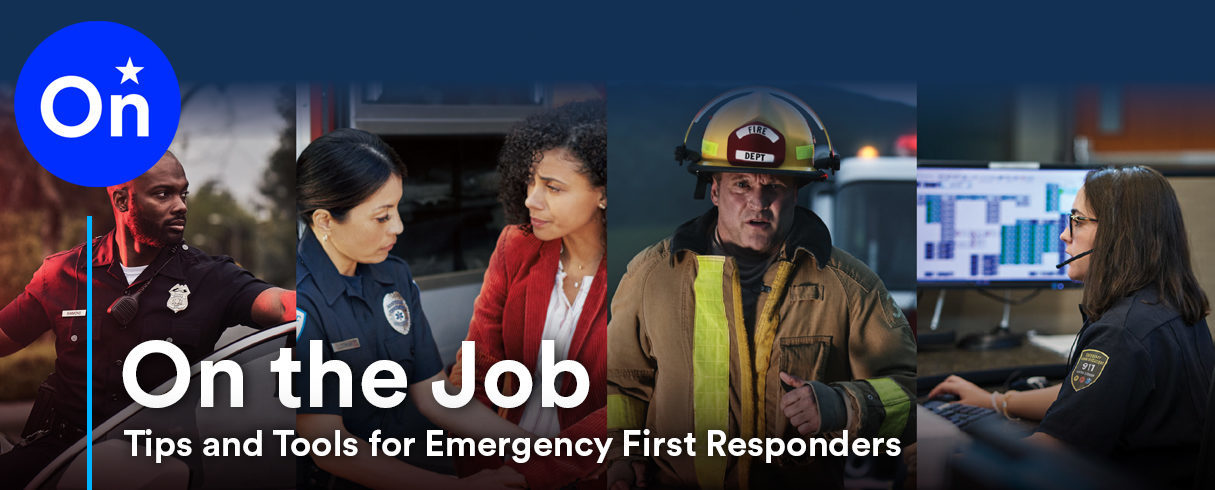
IAED, 2022 NAVIGATOR L-R: OnStar Medical Director Dr. P. Stiegler and OnStar staff: Selena Primm, Ruby Hilton, Catherine Bishop, Ann Maher and Jim Lanier
An OnStar member having chest pains pulls over to the side of the road and presses the red emergency button in their vehicle. What happens next is crucial, and OnStar Emergency-Certified Advisors* are up to the task. While one Advisor notifies and provides updates to the appropriate Emergency Communications Center (ECC), another Advisor will simultaneously initiate Emergency Medical Dispatch (EMD) protocol, gather pertinent information, provide instructions and remain on the line until the arrival of medically trained field responders.
OnStar began training and certifying its Advisors in EMD through the International Academies of Emergency Dispatch (IAED) in 2010. Recently, the importance of this training and effective use of the EMD protocol was underscored by OnStar’s re-accreditation as a Medical Accredited Center of Excellence by the IAED.
To receive initial accreditation and then for each subsequent re-accreditation, OnStar is required to provide supporting information for compliance with 20 major category points in the process, each with multiple subcategories. These subcategories include areas such as compliance to performance standards, medical direction oversight, certification maintenance, field responder feedback, customer service and continuing professional education. Compliance to the categories is validated through a third-party reviewer. OnStar must report to the IAED every month to show adherence to the EMD protocol’s performance levels.


On average, OnStar processes about 20,000 EMD calls per year in North America. OnStar Advisors utilizing the EMD protocol possess the tools to proceed in a variety of situations, says Jim Lanier, with OnStar’s Public Safety Outreach Team. OnStar Advisors “can very quickly triage the situation,” he says, and they can decide whether the EMD protocol is needed or whether they are dealing with a non-emergency call. “Maybe it’s not a 911 response that’s required — it could be a different type of resource or service needed,” Lanier says. “One of the things that OnStar is very, very focused on is not overburdening ECCs and the public safety responder community with calls that they don’t need to be notified of or respond to, because we’ve screened them out. But, if we do have an incident where EMD is appropriate, we want to make sure it is processed as a high priority.”
Lanier says the IAED’s re-accreditation should foster a comfort level not only for OnStar Members, but public safety partners as well, as they know the Advisors receive top-notch training in processing emergency requests for services. It may take OnStar some extra logistics, financial resources and human capital to provide EMD, but it’s “the right thing to do; we like to refer to it as the ‘OnStar Advisor Advantage,’” Lanier says. “The return on investment is safer communities, better information for our responders and better patient outcomes.”
*Emergency-Certified Advisors are certified by the International Academies of Emergency Dispatch.

